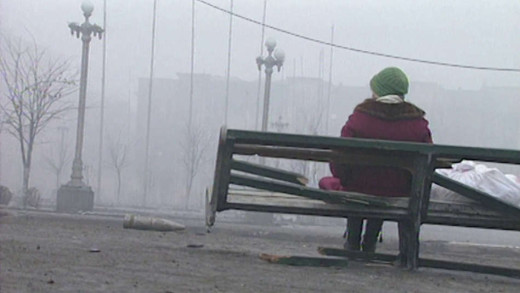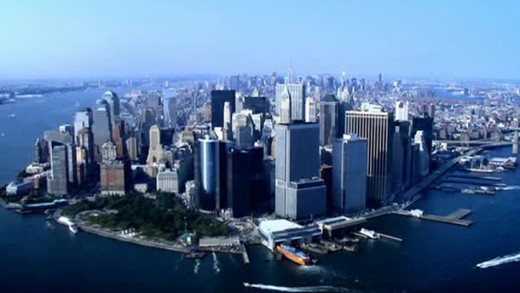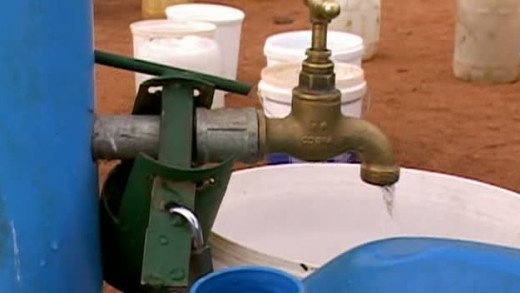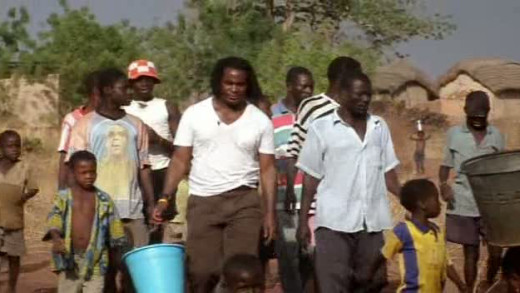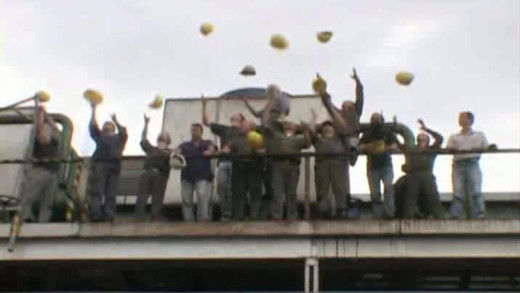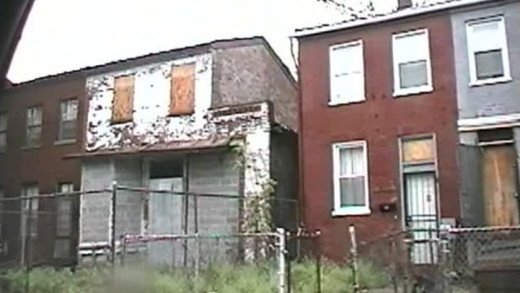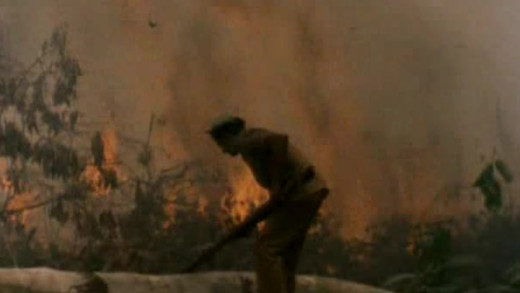Since the late 1980s, BBC news crews have filmed all across the Soviet Union and Russia, but only a tiny portion of their footage was ever used for news reports. The rest was left unseen on tapes in Moscow. Filmmaker Adam Curtis obtains these tapes and uses them to chronicle the collapse of the Soviet Union, the rise of capitalist Russia and its oligarchs, and the effects of this on Russian people of all levels of society, leading to the rise to power of Vladimir Putin, and today's invasions of Ukraine. The films take you from inside the Kremlin, to the frozen mining cities in the Arctic circle, to tiny villages of the vast steppes of Russia, and the strange wars fought in the mountains and forests of the Caucasus.
For millions of people, the global economic collapse has generated curiosity about how money systems actually work, as opposed to how they're portrayed, especially when so many financial pundits seem to be baffled. In The Ascent of Money, economist Niall Ferguson works through some history that created today's money system, visiting the locations where key events took place and poring over actual ledgers and documents, such as the first publicly traded share of a company. Viewed with a critical eye, this series aims to show how the history of money is indeed at the core of civilisation, with economic strength determining political dominance, wars fought to create wealth and individual financial barons determining the fates of millions.
Flow—For The Love Of Water builds a case against the growing privatisation of the world's dwindling fresh water supply with a specific focus on human rights, pollution, the politic of corporate influence in the emergence of a domineering global water cartel. The film names and clearly documents many of the culprits, while asking the question—can anyone really 'own' water?
Robert Beckford visits Ghana to investigate the hidden costs of rice, chocolate and gold and why, 50 years after independence, a country so rich in 'natural resources' is one of the poorest in the world. He discovers child labourers farming cocoa instead of attending school and asks if the activities of multinationals, the World Bank and International Monetary Fund have actually made the country’s problems worse...
The Take
The Take documents the story of workers in Buenos Aires, Argentina who reclaim control of a closed auto-plant where they once worked and turn it into a worker cooperative. The factory closed as a result of the economic policies of the government under the watchful eye of the IMF. While in bankruptcy protection, the company appeared to be selling off property and inventory to pay creditors -- a move which further reduced the chances of the facility returning to production. Though as the movement gains strength, having started with a garment factory several years earlier, the factory workers wade through courts and the legislative system, finally establishing their own control and winning the right to operate it themselves, as a cooperative...
The myths of globalisation have been incorporated into much of our everyday language. "Thinking globally" and "the global economy" are part of a jargon that assumes we are all part of one big global village, where national borders and national identities no longer matter. But what is globalisation? And where is this global village? In some respects you are already living in it. The clothes in your local store were probably stitched together in the factories of Asia. Much of the food in your local supermarket will have been grown in Africa...
After a string of popular protests in Seattle against the World Trade Organisation in 1999, tens of thousands reemerged to challenge the International Monetary Fund and World Bank at their April 2000 meeting in Washington DC. Once again, media activists were on the spot to provide the non-corporate coverage you just won't find anywhere else. Breaking the Bank provides an informative background on the history and impact of the IMF and World Bank, and features extensive coverage of the events in Washington against the powerful organisations that are killing the planet.
War By Other Means examines the policy of western banks making loans to so-called 'third world' countries, which are then unable to meet the crippling interest charges—debt used as a weapon. The film primarily analyses 'Structural Adjustment Programs,' which are proclaimed to enable countries to compete in the 'global economy,' but have the opposite effect of lowering wages which in turn further transfers the wealth from the poor to the rich.
